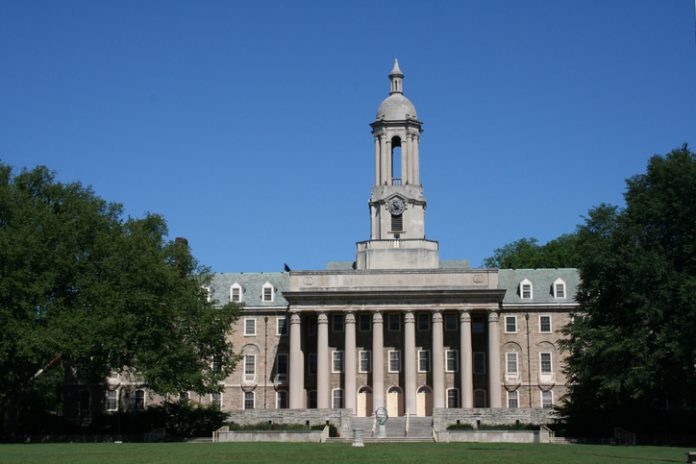The Pennsylvania higher education budget is under pressure as institutions are asking for more taxpayer money though student enrollent has fallen drastically.
(The Center Square) – The pandemic has not been kind to Pennsylvania higher education: Its colleges have seen a 6.4% enrollment drop for freshmen since spring 2020.
The data, from the National Student Clearinghouse Research Center, is a reminder that Pennsylvania’s shrinking population of college-aged youth has made it harder for colleges to fill seats. The two-year decline means that 22,738 fewer students are on campuses now.
That trend isn’t unique to Pennsylvania – it’s national.
“The undergraduate student body is now 9.4% or nearly 1.4 million students smaller than before the pandemic,” the NSCRC report noted.
Pennsylvania is one of the states with significant declines. In spring 2012, Pennsylvania had about 724,000 college students, according to an NSCRC report. By spring 2022, it had about 564,000 students, a 22% loss.
Community colleges in the commonwealth have been walloped: they’ve seen a 27% drop in enrollment since spring 2020. Four-year public colleges have lost 12.6% of their enrollments in the last two years, and four-year private colleges have lost 7.4% of students.
Private four-year colleges have 211,000 students in Pennsylvania, while public four-year colleges have 200,000 students and two-year colleges have 71,000 students.
As enrollments fall, the Pennsylvania State System of Higher Education has asked for a historic funding increase, about $73 million, from the General Assembly after it consolidated six universities into three. It also wants $200 million invested for student aid, especially for underrepresented students from rural and urban areas.
“In combination with cost-saving measures taken over the last several years, this historic increase would put the system on an even more stable financial footing,” a PASSHE press release noted.
The system pitches itself as a crucial economic engine for the commonwealth that keeps students in-state rather than leaving for greener pastures.
“As an engine of workforce development, the State System is redesigning to meet the needs of students and the labor force,” PASSHE Director of Media Relations Kevin Hensil said. “We’ve cut costs, improved efficiencies, and partnered with the private sector to tailor degree and credential programs for jobs in demand. … However, businesses will not have the workers they need, and students will not have the opportunity they deserve, unless more middle- and low-income students can afford to go to college.”
Previous financial decisions have landed some PASSHE universities in difficult straits. PASSHE enrollments peaked in 2010, which sparked a “building boom” at almost all of the 14 PASSHE schools, adding on debt.
Edinboro University received approval in April to sell two of its dormitories to deal with financial strain, as The Center Square previously reported. The dorms were part of a $115 million plan to replace dorms and dining halls, but it now lacks the students to fill them.
Originally published by The Center Square. Republished with permission.
For more great content from School Reform News.
For more from The Heartland Institute.








